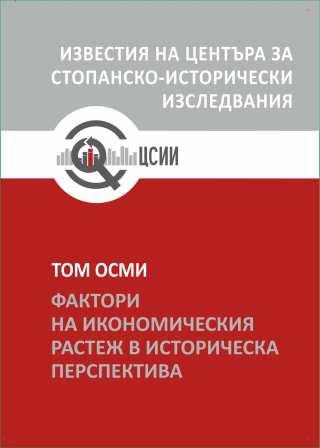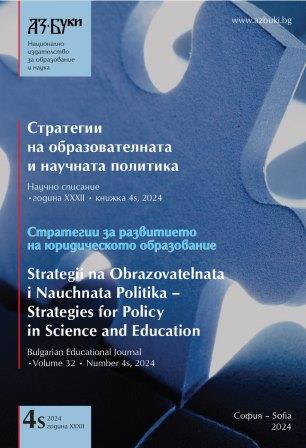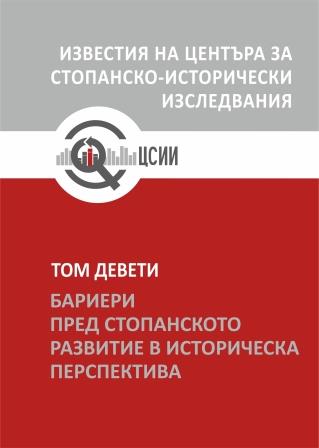Author(s): Krasimira Mutafova / Language(s): Bulgarian
Issue: 1/2023
The categories of population with specialized status and obligations to the central Ottoman authority have been the focus of dozens of studies and the subject of lively discussions since the time of J. Hamer and are still one of the current topics of Bulgarian and Balkan Ottoman studies. Although various aspects of their “medieval past” and continuity in the Ottoman period have been clarified to one degree or another, one of the controversial and still “open” questions remains the presence of a direct relationship between the specialized status of this population, the tax reductions regulated in its favor and opportunities for economic prosperity. The current paper is focused on the category of population with derbendci status, and Gabrovo, one of the “most famous old derbendci settlements” in the Bulgarian lands, is at the center of this case study type of research. The impressive economic flourishing of Gabrovo in the epoch of the Bulgarian revival, gives reasons to trace and argue a direct connection between its derbendci status and its development as a prosperous economic and trade- craft center during the centuries of the Ottoman rule, without this connection being mandatory for all derbendci settlements.An opportunity to trace the development of Gabrovo as a derbendci center, as well as its overall economic characteristics from the last quarter of the 15th to the first half of the 18th century, gives the voluminous and still only partially published compact information included in several icmal, mufassal (detailed, nominal) defters from 1516– 1517, 1541–1545, 1579, 1642–1646, 1750/1751, and nüfus defter-i ciziye from the end of the 17th century, selected for the purposes of the study.The comparative analysis of the statistical summary data from the newly discovered Ottoman archival material, together with the already published ones, reveals the close relationship that existed between the derbendci status, the Ottoman fiscal and legal privileges that applied to the majority of Gabrovo's inhabitants, and sustainable demographic indicators and a flourishing economic development. An indisputable factor for economic growth is the settlement's strategic position in the system of passes of Stara Planina – one of the most important roads connecting southern and northern Bulgaria passes here. Like Etropole, Kotel, Troyan, etc., Gabrovo is a typical example of upward economic development and administrative change of an urban-type settlement with developed commercial and craft activities, which acquired the status of kasaba (city) by virtue of a Sultan's ferman. A change fixed in an undated petition (arzuhal) drawn up after 1857, a century after the latest document of 1751 commented on in the study.
More...




